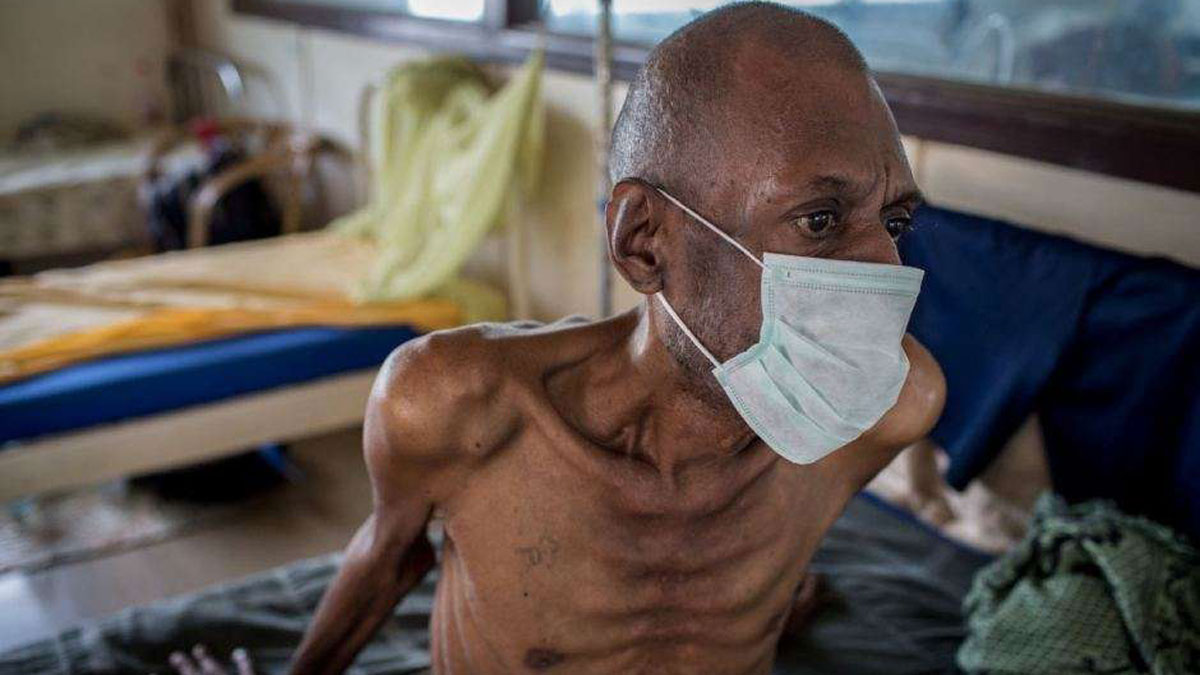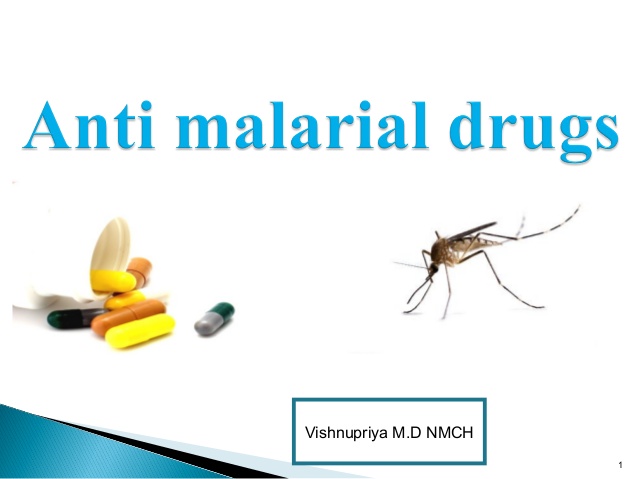Nigeria Seeks N40bn Private Sector Funds To Fight TB
Nigeria is seeking to raise up to N40 billion (USD 25 million) funding from the private sector to bridge the funding shortfall towards ending tuberculosis in the country by 2030.
Pate, who spoke at the launch of the Private Sector Strategy to End Tuberculosis in Nigeria organized by the Stop TB Nigeria Partnership, gave a call to action on the need for the private sector involvement in ending TB in Nigeria, said the aim was to really energize and bring the public sector with the private sector to work together to end TB.
“What we’ve offered to the private sector and captains of industry, to the millionaires and billionaires that are Nigerians, is that if they step up to $25 million (N40 billion), we would work to match them between what the federal government and development partners would put in, in terms of domestic resources and also mobilizing other philanthropic sources to invest.
“The federal government has struck this deal with the private sector towards ending tuberculosis by 2030. Together, we can ensure that our resources are used efficiently, effectively, and transparently, with a plan to monitor our progress over time.
“What we are doing is to say, look, the federal government does its part, the state governments do their part, and we saw the wife of the Lagos state governor as well, and what Lagos state government is doing, and the private sector joins us alongside the development partners. Together, we can be able to end tuberculosis over time in Nigeria, but it’s a long journey.
“So dealing with it requires a whole of society, and a whole of government approach. That’s the spirit of the lead-up agenda of President Bola Ahmed Tinubu in Health and Social Welfare, the Health Sector Renewal Investment Initiative.”
Pate explained that Nigeria requires more than $25 million to meet the goal of ending TB, noting that there are many entities supporting Nigeria’s effort.
“The Global Fund Against HIV, TB, and Malaria is contributing grant financing in terms of Nigeria’s efforts, and the Nigerian government is also contributing its own and will do more over time, but there are gaps because we are screening and finding more cases, so obtaining the drugs to treat them could be a challenge, let’s say, from next year.
“So we are anticipating that while federal government will do more in 2025, we are also offering the opportunity for the private sector to also do more, because many of them employ people.”
The Director, Public Health of the Federal Ministry of Health, Dr Chukwuma Anyaike however, warned that by the first quarter of 2025, Nigeria may have a number of TB patients that it cannot cater for, hence the importance of the private sector strategy as a comprehensive and collaborative call to action for private sector involvement in the fight against TB in Nigeria.
Reeling out the End TB targets and goal, Mission Director, USAID Nigeria, Melissa Jones revealed that USAID invested over $270 million in Nigeria’s TB fight since 2003.
She remarked that the strategy presents an opportunity for the country to address the vast resources inherent to the huge private sector in Nigeria to end the TB epidemic by 2030.
Also speaking at the launch, the Country representative , WHO Nigeria, Dr Walter Mulombo, explained that in a broader context universal TB coverage cannot be achieved without the private sector.
“The private sector must be comprehensively engaged in the provision of TB and other care to Nigeria. Over the years the consistent cuts in TB budget will currently stand at 70 percent. For example wide scale implementation of innovative quality and indigenous based intervention across the country with significant number of people yet to be reached.
“We see that mostly treatment and preventing services. The value created in accessing TB services must be addressed for the country to reach the end TB target by 2030. We expect that the private sector engagement and plan being launched will help governance and public health resources required to end the epidemic in the country”, Mulombo noted.
In a presentation, the National Programme Officer for TB, WHO, Dr Amos Omoniyi, said Nigeria has a 70 per cent funding gap in TB which he blamed on donor dependency, low treatment coverage, and limited access to diagnostic tools.
Quoting the National Strategic Plan for TB Control 2024 – 2026, Omoniyi said that Nigeria requires a total of USD 1.21 trillion to manage and control TB. In 2023 a total of 3,492 TB cases were recorded while 829 deaths were prevented over the period, he noted.
Further he noted that Nigeria has the highest TB burden in Africa, and sixth globally with an estimated 467,000 new cases diagnosed annually accounting for about 4.6 percent of the global TB burden and is among 14 countries with a high burden of Drug-Resistant TB, and HIV-associated.
The Stop TB Partnership Nigeria supports the Nigerian government’s efforts to control TB by advocating for increased funding and political commitment to TB control, amd supporting the development and implementation of national TB control plans.
It also helps in mobilizing resources to support TB care and prevention programmes including raising awareness about TB and its impact on Nigerians.





